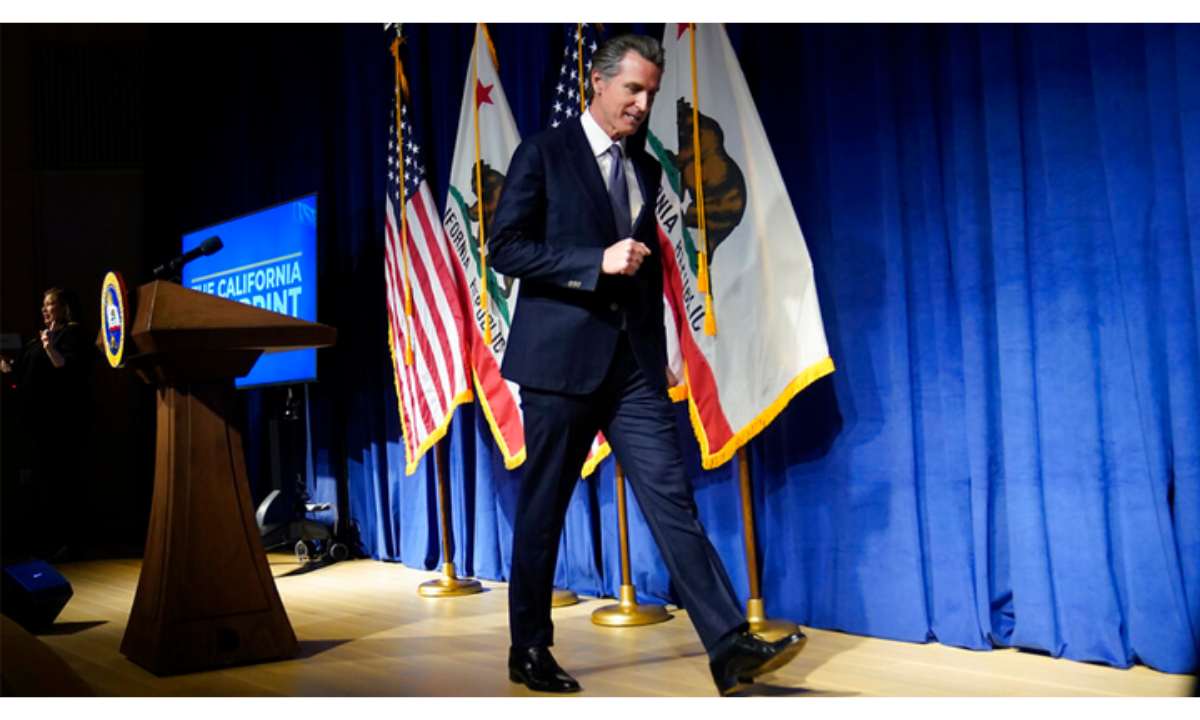Written by Bobbie Wylie
California Assembly Bill 1400, which proposed a statewide universal healthcare system, was shelved at the last minute on Monday because progressive Democrats failed to secure support for the legislation.
The sponsor of Assembly Bill 1400, Democratic Assemblyman Ash Kalra, said he decided not to put the proposal to a vote after realizing it lacked the 41 votes needed for the bill to advance out of the Assembly. This defeat comes after moderate Democrats displayed concerns regarding the proposal’s $391 billion-a-year price tag. If AB 1400 had passed, California would have become the first state in the country to establish a government-funded, single-payer health care system.
The bill’s biggest detriment is its costliness. A study of a 2017 proposal to establish single-payer health care in California found that doing so would cost roughly $331 billion, or $356 billion today when adjusted for inflation. For comparison, the State of California’s entire 2022 budget is $263 billion. In order to fund the bill, lawmakers planned to pair the proposal with a separate measure that would raise taxes on wealthy Californians and corporations in the state. The proposal would have needed the support of California voters.
Regarding the bill’s failure, California State Assembly Leader Marie Waldron said in a statement, “Some Democrats finally stood up to their radical base and joined with Republicans to put an end to this foolhardy plan. Better late than never. The fact that a proposal for a government takeover of our state’s entire health care system even made it this far shows just how out of touch the Democratic party is from the needs of everyday Californians.”
California State Senator Pat Bates also issued a statement, saying “I am pleased AB 1400 will not be moving forward this year. The bill would have forced millions of Californians to give up their current healthcare coverage for a government-run system that would have required billions of dollars in increased taxes. Unfortunately, this bad idea will likely return in a future bill. When it does, I will continue to strongly oppose.”
Photo Cred: AP Photo/Rich Pedroncelli / AP Newsroom




